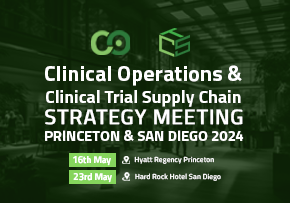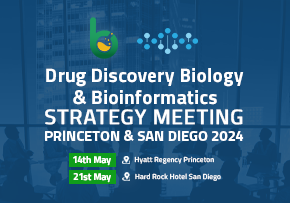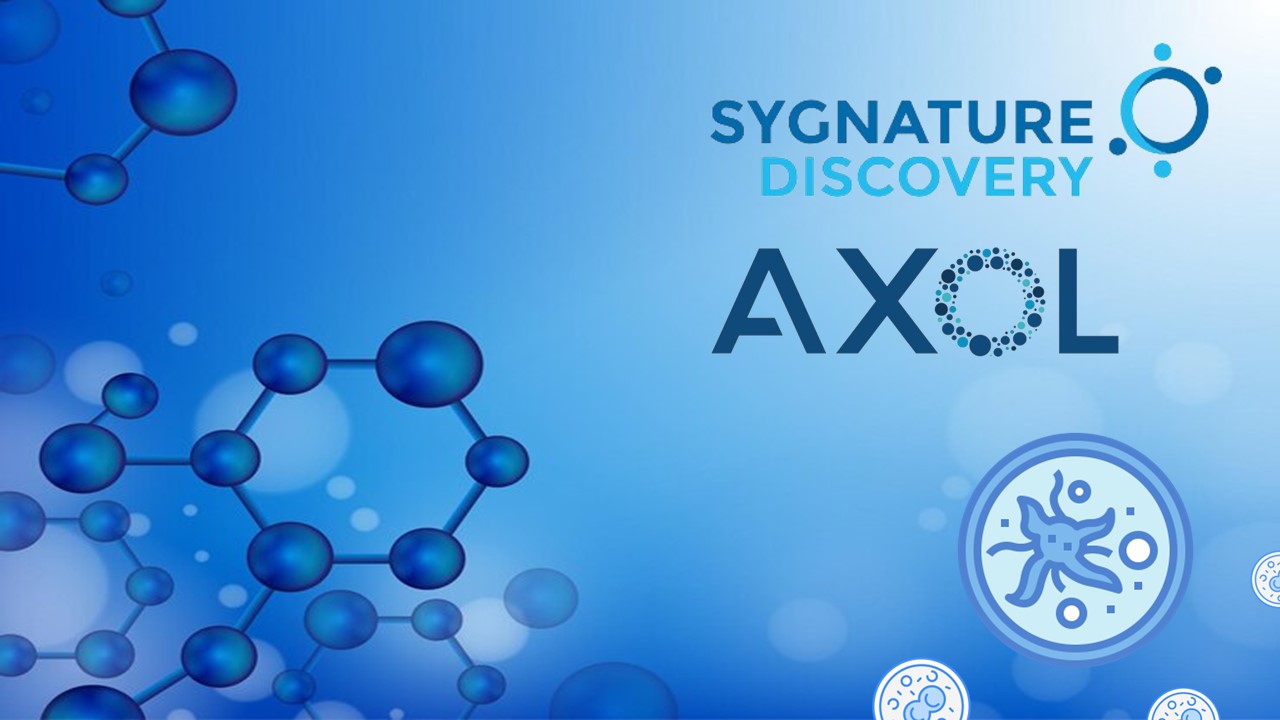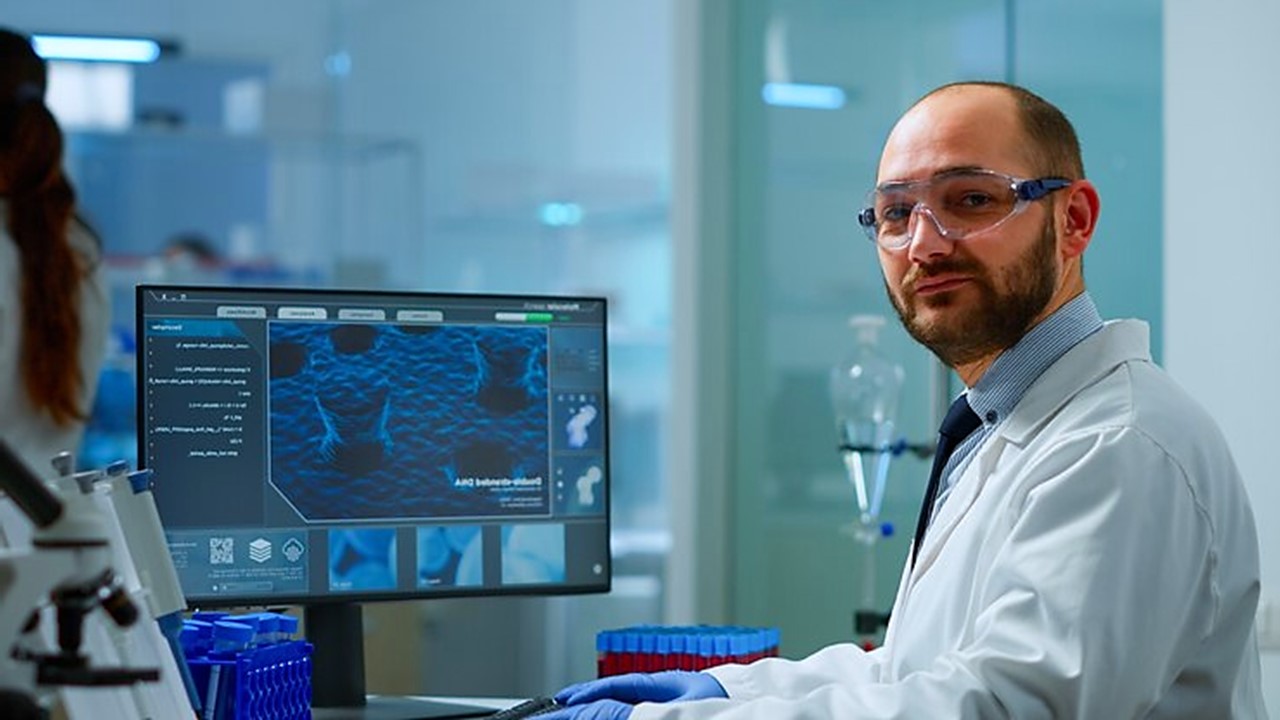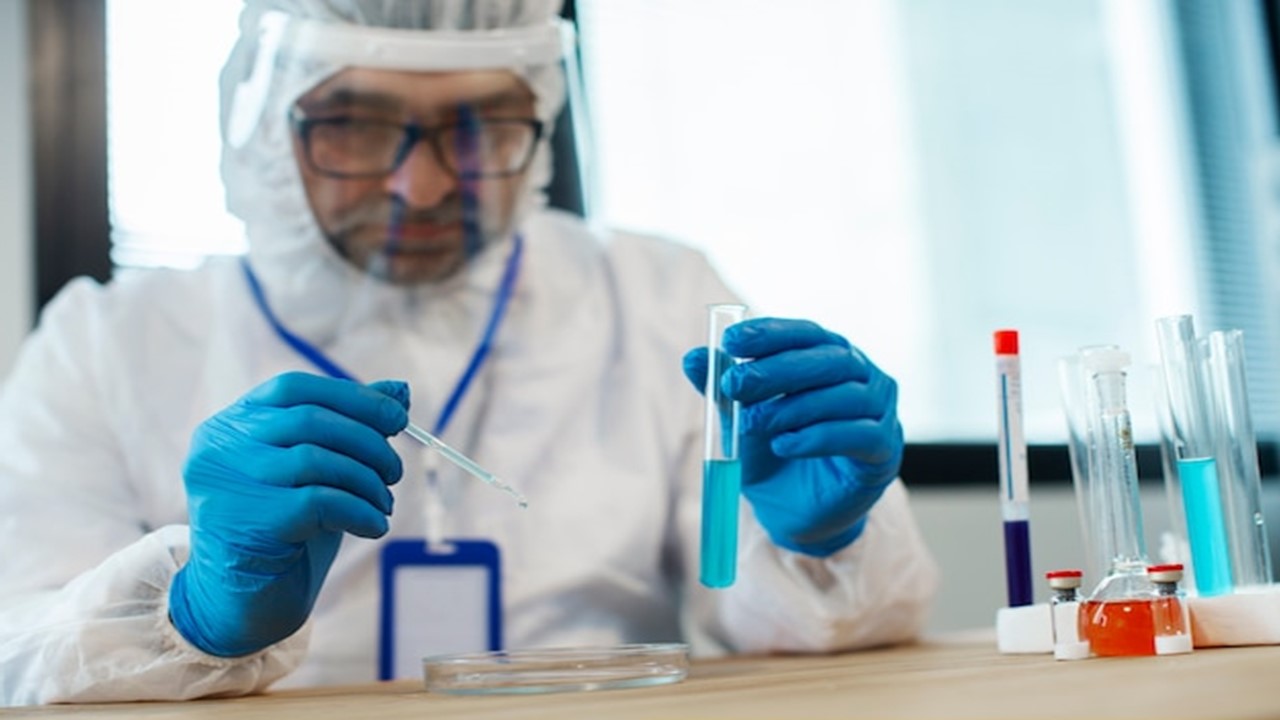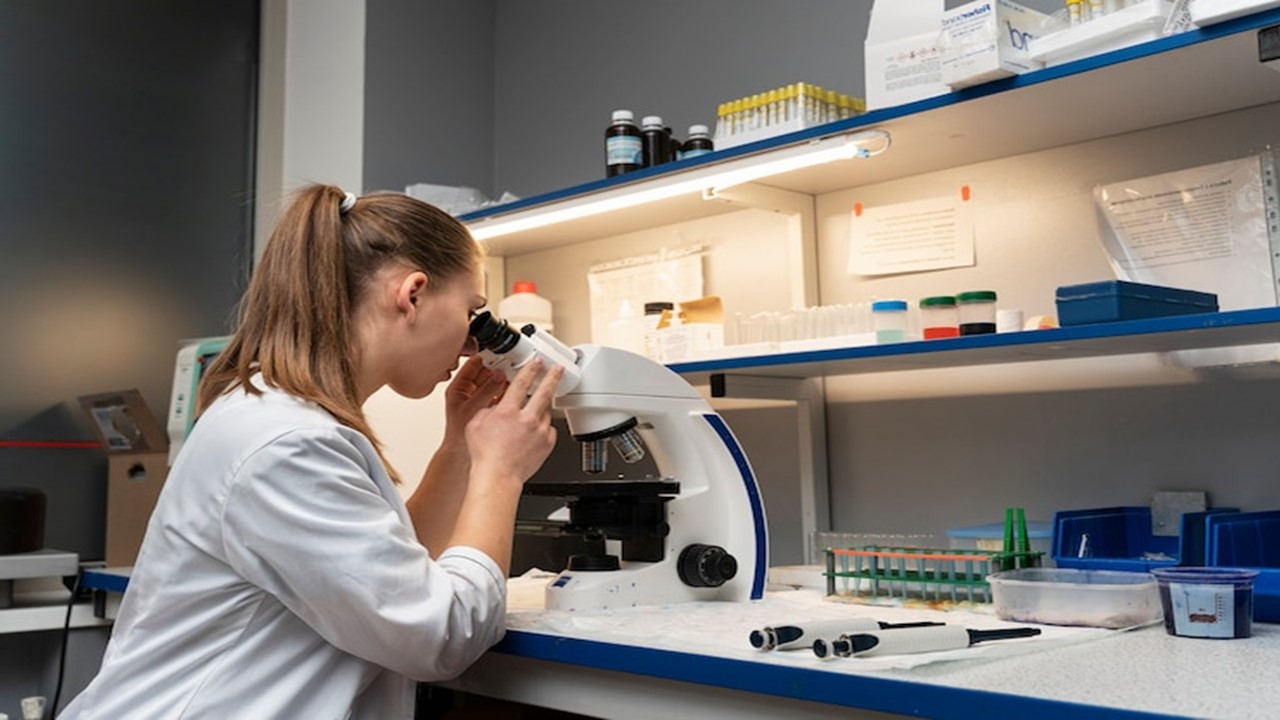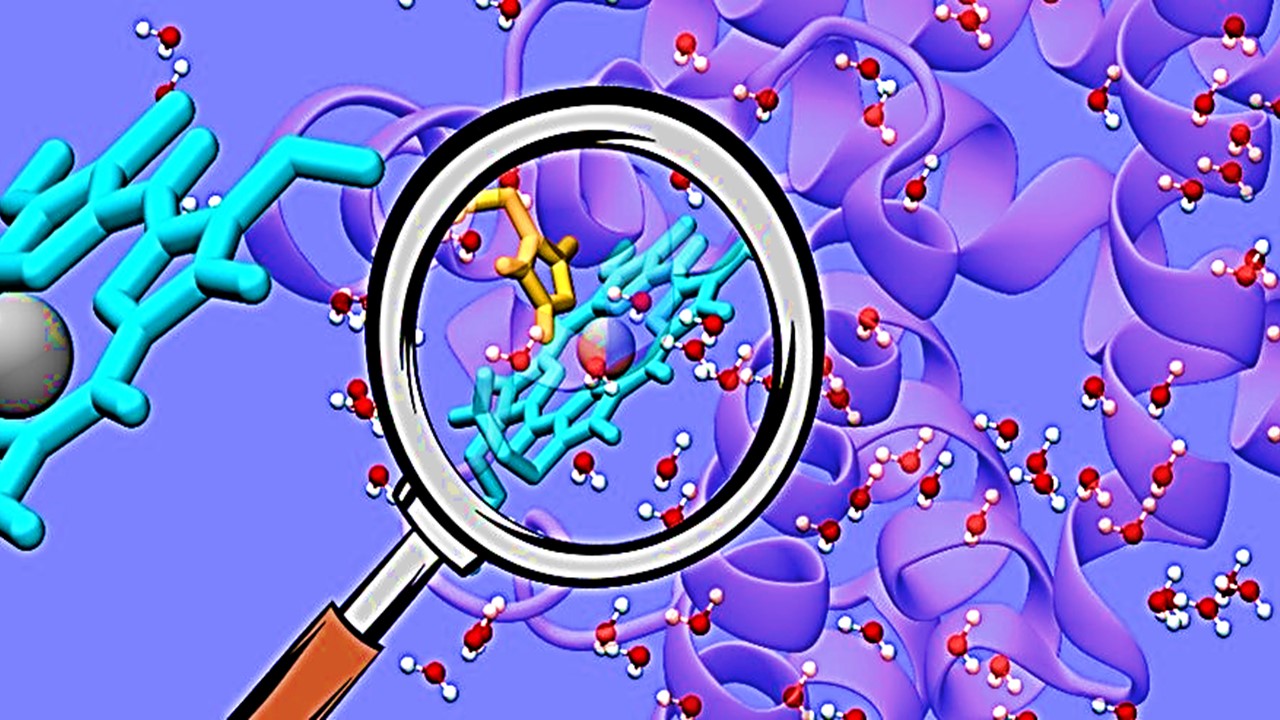deepCDR acquired by Alloy Therapeutics
09 Dec 2021
American Alloy Therapeutics, a biotech firm, has purchased Swiss deepCDR. deepCDR specializes in harnessing the power of deep learning for antibody discovery and optimization. This acquisition will provide a massive boost for Alloy’s bioinformatics and machine learning capabilities, with Alloy maintaining deepCDR’s facilities and expanding them as research sites. With the growing importance of immunotherapies, deepCDR’s cutting edge in silico testing of mammalian antibody libraries and ability to quickly identify candidate antibodies will be pivotal in driving the business forward.
CEO and founder of Alloy Therapeutics, Errik Andersson, had the following to say:
“Uniting deepCDR and Alloy reflects our conviction in the power of network effects and scientific collaboration—together our companies’ capabilities are amplified to better serve the global scientific community in its pursuit of finding the best medicines for patients”
City of Hope to purchase Cancer Treatment Centers of America to boost cancer research
08 Dec 2021
Californian City of Hope, a National Cancer Institute (NCI)-designated cancer research and treatment non-profit organization has entered into a deal to acquire Cancer Treatment Centers of America, an extensive network of oncology hospitals and outpatient clinics throughout the USA. It is expected that this move will further expand the role of City of Hope in the national fight against cancer, both in the research and care departments. Its specialization of swiftly translating research findings to cutting-edge patient care will only improve, and its reach will expand to patients in even more remote communities. With more than 450 patent portfolios, 95 active investigator-initiated investigational new drugs (INDs) and approximately 50 IND applications submitted to the U.S. Food & Drug Administration every year, City of Hope only stands to improve its position in the industry.
PPD purchased by Thermo Fisher
08 Dec 2021
ThermoFisher Scientific, an American provider of scientific instrumentation, reagents, consumables and software, has completed the acquisition of PPD. PPD is a global leader in the provision of clinical research services to the pharmaceutical industry; the acquisition was completed for $17.4 billion. The merger will expand ThermoFisher Scientific’s provision of services to include the entirety of the clinical development spectrum, from scientific discovery, to assessing safety, efficacy, and health care outcomes, to managing clinical trial logistics, to the development and manufacturing of the drug product. President and CEO of ThermoFisher Scientific, Marc Casper, had the following to say regarding the acquisition:
“Expanding our value proposition for our biotech and pharmaceutical customers with the addition of PPD’s leading clinical research services advances our work in bringing life-changing therapies to market, benefiting patients around the world.”
Recursion to partner with Roche and Genentech with hopes for future in AI
07 Dec 2021
American firm Recursion is a biotechnology AI-focused company working on industrializing drug discovery through the integration of technological solutions across multi-disciplinary areas involving biology, chemistry, machine learning and automation. This week, the firm announced a new partnership with Roche and Genentech (also a member of the Roche group) for the use of the Recursion OS and its technological solutions to drive discovery of new candidates in the areas of oncology and neuroscience. Recursion will receive an upfront payment of $150m, with the potential for >$300m for development targets and further sales-based milestone payments. The move highlights the growing importance of Artificial Intelligence driven solutions in the space of preclinical development and drug discovery.
AstraZeneca to license amyloidosis drug, eplontersen, from Ionis
07 Dec 2021
American Ionis Pharmaceuticals will be working with AstraZeneca for the development of eplontersen, a treatment for transthyterin amyloidosis. Ionis is a global leader in RNA-targeted therapeutics, specializing in developing antisense treatments. Eplontersen uses Ionis’ proprietary Ligand Conjugated Antisense (LICA) technology and is currently in Phase III clinical trials for hereditary ATTR amyloidosis, polyneuropathy and cardiomyopathy. Ionis will maintain responsibility for these trials, and the supply of the drug for them; AstraZeneca will instead be responsible for its commercialization. Ionis will receive a $200m upfront payment with the potential for $485m for development milestones and $2.9b for sales related milestones. AstraZeneca will also have an exclusive license for most of the rest of the world. The partnership comes amidst growing interest by large pharmaceutical companies in RNA-specialized firms such as Ionis’ competitors Alnylam and Dicerna.
BenevolentAI to merge with Odyssey
06 Dec 2021
Odyssey, a Dutch Special Purpose Acquisition Company (SPAC), will be purchasing British firm BenevolentAI, valued at $1.5billion – which makes this one of the largest acquisitions by a European SPAC. BenevolentAI’s development of its proprietary AI platform for disease understanding and drug candidate development has led to the generation of over 20 drug programmes, including candidates for the treatment of ulcerative colitis and atopic dermatitis. The company’s pipeline was in need of a large cash injection, which the merger has provided. It is notable that this large acquisition took place in continental Europe rather than London – with only one SPAC-driven acquisition having taken place in London in 2021, highlighting the growing importance of doing business in Europe. Existing partnerships with Temasek, AstraZeneca, Ally Bridge and Invus further highlight BenevolentAI’s promising growth prospects.
Gritstone to extend partnership with CEPI for COVID vaccine
06 Dec 2021
Gritstone bio and the Coalition for Epidemic Preparedness Innovations (CEPI) announced earlier this week that they will be expanding their agreement in support of the development of a self-amplifying mRNA (SAM)-based vaccine to counter the Omicron SARS-CoV-2 variant. The vaccine was already in development and interest in it has been renewed following findings that the T-cell epitopes administered within the vaccine are minimally impacted by the mutations unique to the Omicron lineage. With already $20.6m in support of the development of the vaccine, CEPI will provide a further $5m for the support of Gritstone’s Phase I clinical trials. This move follows similar strategies by other players in the industry moving to tackle variant-specific challenges posed by the coronavirus, a trend that is expected to continue.
Cernostics acquired by Castle
06 Dec 2021
Cernostics, an American firm specializing in spatial biology and AI analysis of tissue biopsies, has been acquired by Castle Biosciences – which also specializes in diagnostics innovations. The upfront payment for Cernostics involved $50m, with a further $30m associated with future milestones. Cernostics has already developed proprietary technologies, such as TissueCypher, which can predict the development of high-grade dysplasia and esophageal cancer in Barrett’s esophagus patients. Further improvements in the area could make transformative discoveries on patient outcomes through the use of earlier, more intelligent diagnoses.
AstraZeneca blocks Sobi acquisition
03 Dec 2021
AstraZeneca sank the buyout of Swedish Orphan Biovitrum (Sobi) by Advent International and wealth fund GIC earlier last week, a deal which would have constituted one of the largest Nordic acquisitions in recent times. AstraZeneca’s own interests in Sobi, especially assets that it hoped to acquire as well as a reluctance to allow Sobi to sell a former AstraZeneca respiratory drug, Synagis, motivated the pharmaceutical giant to effectively block the acquisition. AstraZeneca’s own acquisition of Alexion has placed the former in a position where it directly competes with Sobi in the field of complement inhibitors. Additionally, it is likely that following the acquisition of Alexion, AstraZeneca was not in a position to purchase any of Sobi’s drugs in the near future, making it preferable to keep the company in a position where it is less likely to sell them. Subsequent to the news of the failed deal, Sobi’s value shrinked by a quarter.
Nick Zoukas, Former Editor, PharmaFEATURES
Subscribe
to get our
LATEST NEWS
Related Posts
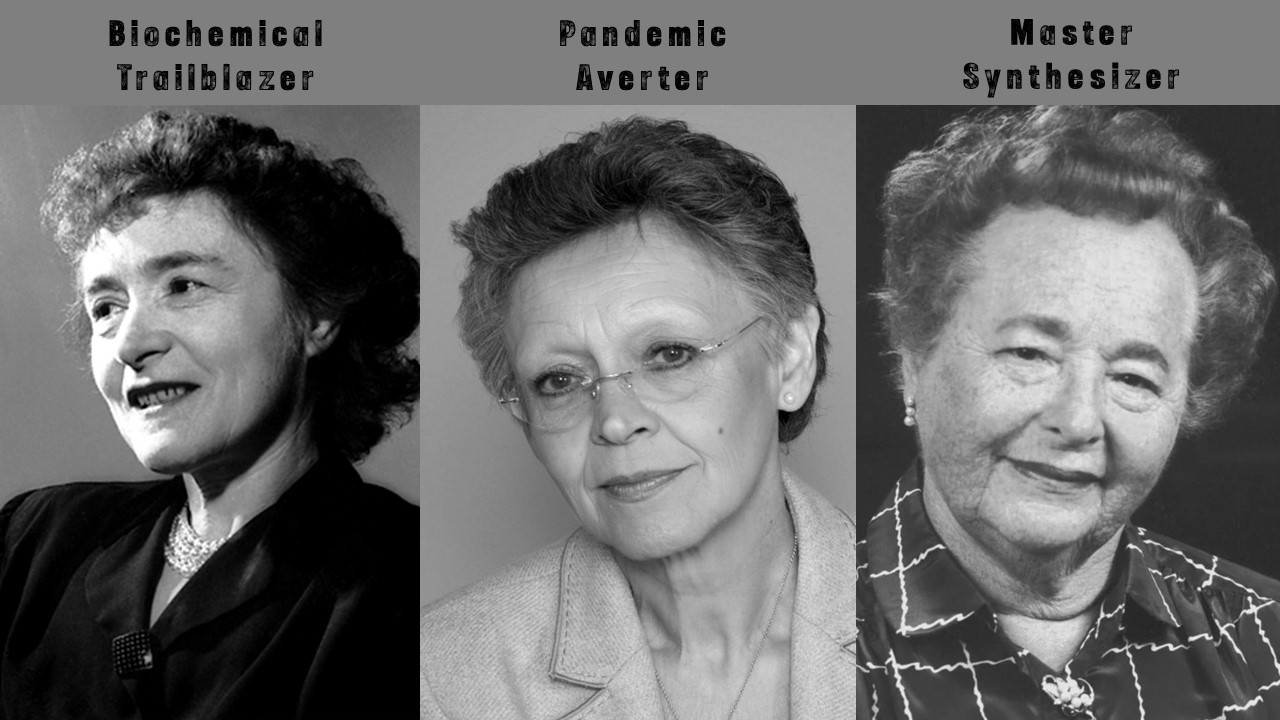
Leadership, Trends & Investments
The Immigrant, The Career-Undecided, and The Supermarket Supervisor-turned-Scientist
Learn more about the 1947, 1988, and 2008 Physiology or Medicine Female Nobel Laureates.

Leadership, Trends & Investments
Breaking Barriers in Radiopharmaceuticals: The Pioneering Leadership of Roseanne Satz
Roseanne Satz breaks barriers with her commitment to diversity and innovation in radiopharmaceuticals.
